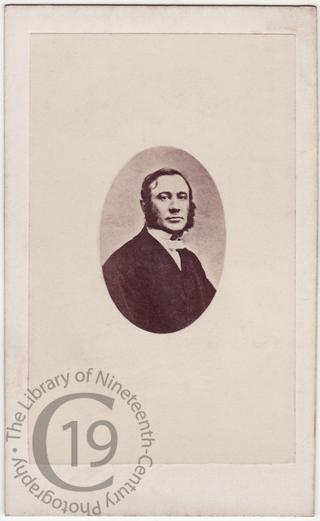
Rev Benjamin Speke
Reverend Benjamin Speke of St Andrew's Church at Dowlish Wake in Somerset was the younger brother of the African explorer John Hanning Speke. For six weeks in 1868, starting with his inexplicable disappearance on 8 January, his fate was the subject of intense speculation in the press, most of it of a sensational and lurid nature.
Despite the lack of any evidence that he had come to harm, 'by early February the most respected daily and weekly newspapers were holding forth about his disappearance and presumed murder in spine-tingling detail; speculating about the means and opportunities exploited by his killers, and weighing the implications of the crime for public safety and the state of British civilization' [Dallas Liddle, 'Anatomy of a "Nine Days' Wonder": Sensation Journalism in the Decade of the Sensation Novel', 2004]. This reached 'a peak of public interest in ten frantic days press coverage [...] between 5 and 15 February' [Liddle]. One contemporary commentator described 'an almost universal panic among the public.' The size of the reward offered for information increased by the day. The one eventuality that nobody considered was that the clergyman might be the author of his own disappearance. But at the end of February he was discovered, almost by chance, living as a cattle drover in Cornwall.
Most reports speculated that he must have been temporarily insane. Only The Spectator struck a more moderate and reasoned note, asking: 'If Mr Speke really thought, whether under the influence of mental disease or not, that he should be the better for not being Mr Speke, why was it morally wrong for him to shake off his own identity?'
Photographer unidentified.
Code: 123452




